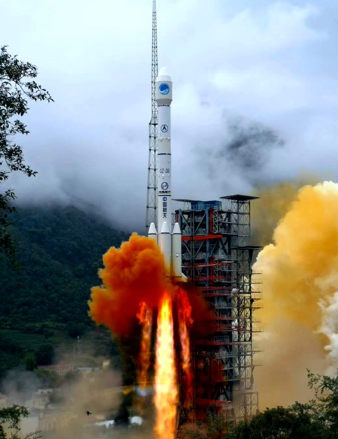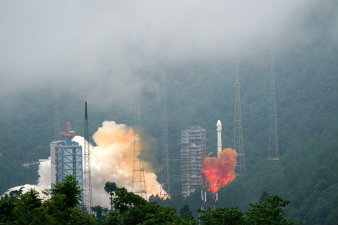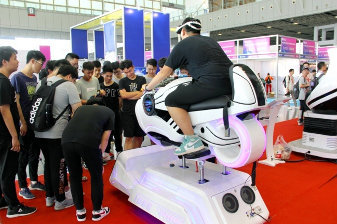
As a Long March-3B rocket blasted off at the Xichang Satellite Launch Center in southwest China's Sichuan province on June 23, sending the last Beidou Navigation Satellite-3 constellation satellite into the space, China accomplished the full deployment of the Beidou Navigation Satellite System (BDS) constellation six months ahead of schedule.
“Beidou”, the seven brightest stars of the Ursa Major constellation, has always been a reference of navigation for the Chinese people, and its movement has been used since ancient times to indicate the seasons. In this day and age, the navigation system named after the seven brightest stars is providing high-quality services for the people around the world.
Growing from strength to strength, the BDS constellation fully reflects the Chinese wisdom, speed, and precision, and is also a Chinese contribution to the global development of satellite navigation. The successful deployment of the BDS constellation indicates that China can independently make breakthroughs in key technologies, as long as it remains committed to innovation.

“The development of the BDS is made by ourselves,” said Li Hongzu, chief commander of BDS-1 navigation system, adding that facing the technological monopoly of the western technology giants, the Chinese engineers had no choice but to become giants themselves.
Today, all the satellites and key components of the BDS are made in China. Apart from the precise positioning service, the BDS will also give the Chinese people full strategic confidence and a stronger sense of security.
Key technologies are often universal and can be applied to a wide variety of sectors in economic and social development, and the BDS is no exception.
It played a significant role in the measuring of Mount Qomolangma’s height in May. Earlier this year, while China was grappling with the sudden outbreak of the COVID-19, it was the BDS that provided high-precision positioning and plotting services, accelerating the construction of the Huoshenshan makeshift hospital in Wuhan, former epicenter of the epidemic. In addition, it also supported drones in spraying disinfectant.
Moreover, the BDS has, in recent years, empowered many industries, seeped further into everyday life and helped yield positive economic and social effects. It is used in the real-time monitoring and warning of geological disasters. It contributes to agricultural activities across the country and greatly enhances the efficiency. Besides, it supports China's dynamic monitoring system. As of the end of 2019, more than 6.5 million freight vehicles and more than 70,000 fishing boats and law enforcement vessels had been equipped with the BDS system. And more than 70 percent of China's registered smart phones have access to the BDS services.

It is believed that the BDS will be further applied in consumption, the sharing economy and public wellbeing, and enable people to live a better life.
From a long-term perspective, the COVID-19 pandemic has accelerated the digital economy, which has placed a higher requirement for navigation system. Just as water and electricity are indispensible for a city to function, spatio-temporal reference is of paramount significance for digital economy. Many new infrastructure projects rely on the BDS. "It will also lay a foundation for new infrastructure construction,” remarked Chen Zhonggui, chief designer of the BDS-3 satellites.
Meanwhile, the BDS is breaking new ground in emerging application areas including the industrial internet, the Internet of Things and internet of vehicles, accelerating the development of automatic driving, automatic parking and automatic control in logistics. As “BDS+” and “+BDS” industries continuously develop and improve, new infrastructure such as 5G and data center will enjoy a faster speed, therefore usher in a new era of greater development of digital economy and smart society.
At present, the BDS has been used in more than half of the world's countries. In the future, it will make greater contributions to the building of a smarter, more convenient and better world.


